WINNER: PHYSICIAN Andrew King, M.D. Attending Physician, Detroit Medical Center
Doug Henze
Special to Crain's Detroit Business
It’s sometimes called “treat ’em and street ’em” — an emergency department strategy to take care of and then quickly discharge patients from the ER.
But it doesn’t serve opioid addicts well, said Dr. Andrew King, an associate professor at Wayne State University and an emergency physician and medical toxicologist for the Detroit Medical Center. King is helping to change the practice by transporting substance abusers directly to outpatient treatment centers.
“(Often) we tell them, ‘Quit heroin — go figure it out and good luck to you,’” King said, adding that patients are put in charge of contacting a hotline for help. “What are the chances of people following up in a day or so? One of the dangerous things you can do with patients with poor health literacy is to discharge them from the hospital. At the same time, you can’t admit everybody.”
King, who works at Detroit Receiving and Sinai Grace hospitals, often encounters patients who are low-income, minority and underinsured. In addition to fighting addiction, they also may have transportation issues, he said.
So, King, in partnership with rehabilitation provider Team Wellness Center, created the Crisis Addiction Response Transportation program for the DMC. The voluntary program gives addicts a ride from the hospital to treatment facilities, where care can begin.
Patients who come in after normal business hours begin their stay with a clean bed.
“A lot of them feel exhausted and need to sleep,” King said.
In the morning, they can meet with a psychiatrist and get started on medicines to help wean them from addiction and to treat other ailments, including high blood pressure. After a stay of a day or two, patients go home with a packet of resources and return to meet with professionals as needed.
“We’ve had some really good retention rates and success rates, even after overdose,” King said. “About half of the people (who) get transported over there will stay in therapy for 20 weeks. One in 10 will stay for a year.”
The DMC also works with substance abuse treatment facility the Faith, Hope & Love Outreach Center.
The CART program is aimed at reducing a disparity in the way opioid addicts are treated, versus people with other serious health conditions.
“After somebody comes in after an overdose, their mortality rate is 5 percent to 8 percent after one year,” said King, who joined Wayne State and the DMC in 2013. “That’s similar to what you see with a heart attack. My idea is we have to treat opioid addiction the same way we would a heart attack.”
But addiction carries a stigma that a heart attack doesn’t.
“Part of the issue I’ve run into is resistance by other (health care) providers to treat this as a disease,” King said. They may believe that, “Nothing we do really matters” or “They’ll get better when they choose to get better,” King said.
“It needs to be thought of as a disease, instead of a moral failing or something wrong with their soul,” he said.
Physicians who push abstinence-only therapy wind up with patients likely to relapse, King said.
“It’s really hard to function when you’re having withdrawal,” he said, adding that drug users often have lost support from friends and family and sometimes have been incarcerated. “A lot of the day is spent trying to obtain the drug.
“There are good medications out there. Instead of having the highs and the lows, we can even (them) out. (Then), they’re not so irritable. They can start taking care of business.”
DMC hopes to spread of the program throughout the state and now is gauging which other health systems are interested, King said.
“We just want to be there to help (those systems),” he said.

